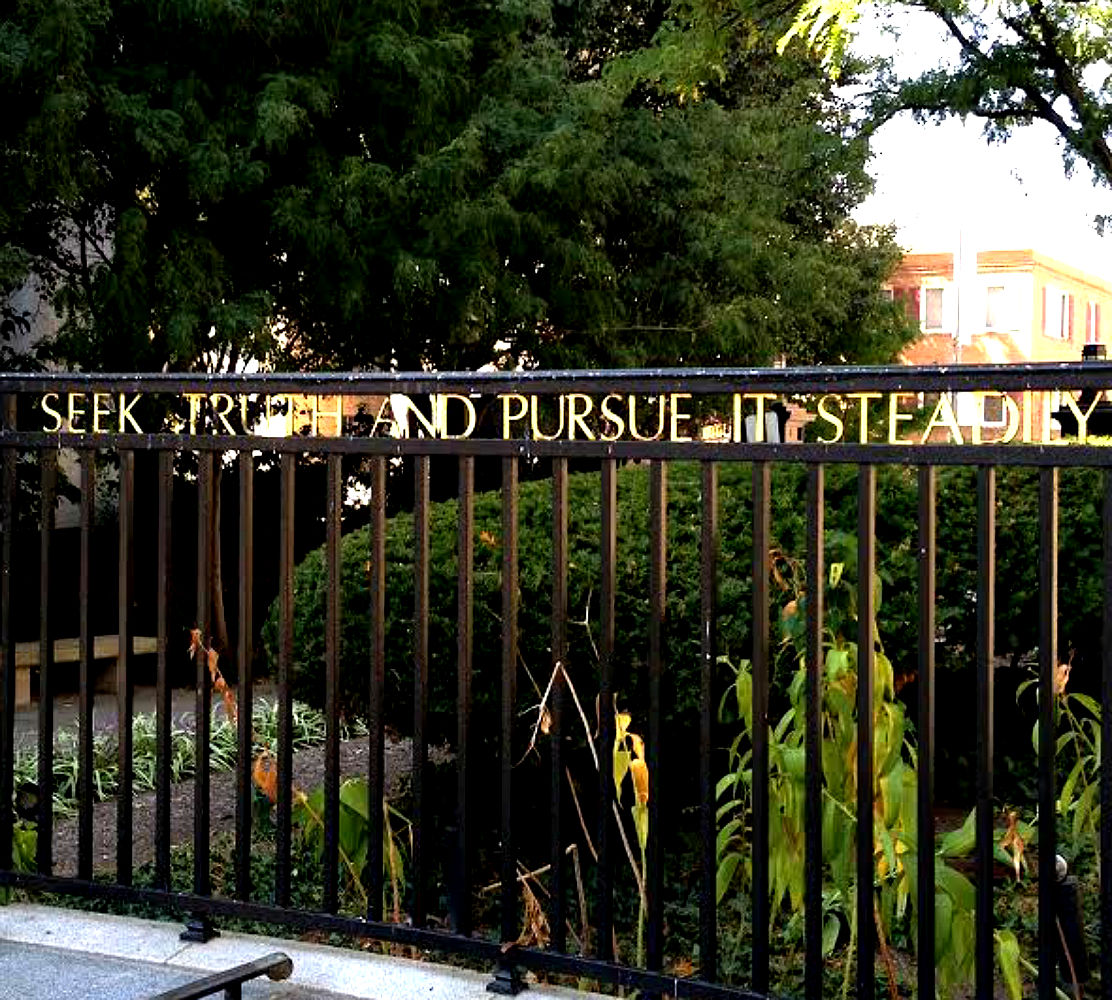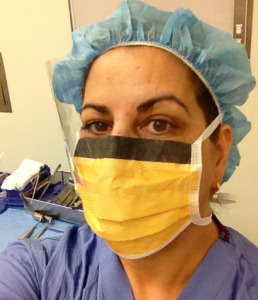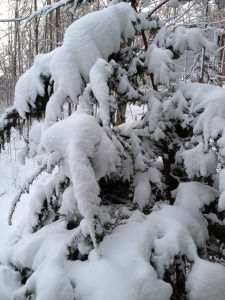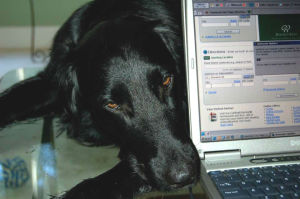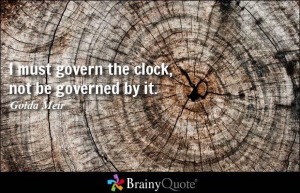A rose, by any other name, would smell as sweet. Wm. Shakespeare, Romeo and Juliette
A rose is a rose is a rose. Gertrude Stein
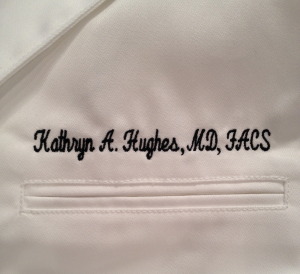 “This is Dr. Hughes” or “Hello, I’m Dr. Kathy Hughes” — This is how I answer the phone, or introduce myself as I walk in to a room.
“This is Dr. Hughes” or “Hello, I’m Dr. Kathy Hughes” — This is how I answer the phone, or introduce myself as I walk in to a room.
I think it matters what I am called, how I am addressed. It also matters what I call you, as my patient, and how I address you.
Any Tom, Dick, or Kathy can be Tom, or Dick, or Kathy. But it conveys a special role and relationship to use one’s title or formal name. Not everyone can be Doctor to you, and especially not Your Doctor. It is a special and particular relationship that I have with you. I’m your Doctor, I’m your Surgeon, I’m Dr. Hughes.
And in addressing my patients as Mr., Mrs., Ms., or Dr. (perhaps only with the exception of the very young and the very old, where stage of development or dementia interfere) I also convey and acknowledge the special relationship they have with me.
I admit, I still call my parents Mom and Dad; my aunts and uncles have likewise retained those titles. And even to their chagrin, I use the formal titles to address my parents’ friends, and my old teachers and professors. It’s not just a reflection of how I was raised, but an acknowledgment of the special bonds and relationships in this part of my life, too.
It is important to acknowledge these relationships and bonds. How you address someone, what you call them, does that. It is like a shorthand, a shortcut, spelling it out. It honors them–the relationship, the bond, the person.
I remember a lot of eye-rolling and joking at the expense of the early feminists in the Sixties and Seventies, when they objected to what they felt were sexist titles and names. So work titles like “Mailman” evolved to “Mailperson” to “Letter Carrier”; first year college classes changed from “Freshmen” to “Freshpersons or Freshwomen” to “Firsties” (at least at some Womens’ Colleges). But as silly as some of this seemed and seems, the feminists had it right–there is power and identity in what you call something or someone, or how you refer to them; power in naming. Likewise, the kind of naming, or failure to name, can do the opposite, diminishing power and instead offering disrespect, even contempt.
I confess that I bristle when I am called by my first name by a patient or their family member if I have not invited them to do so. Continue reading →
